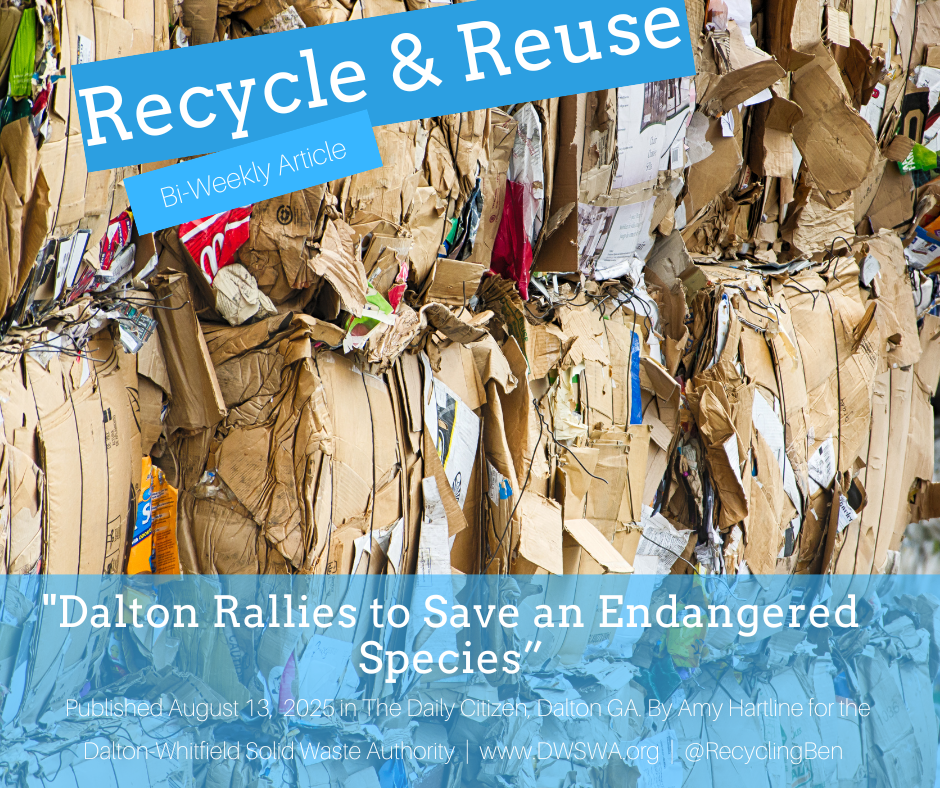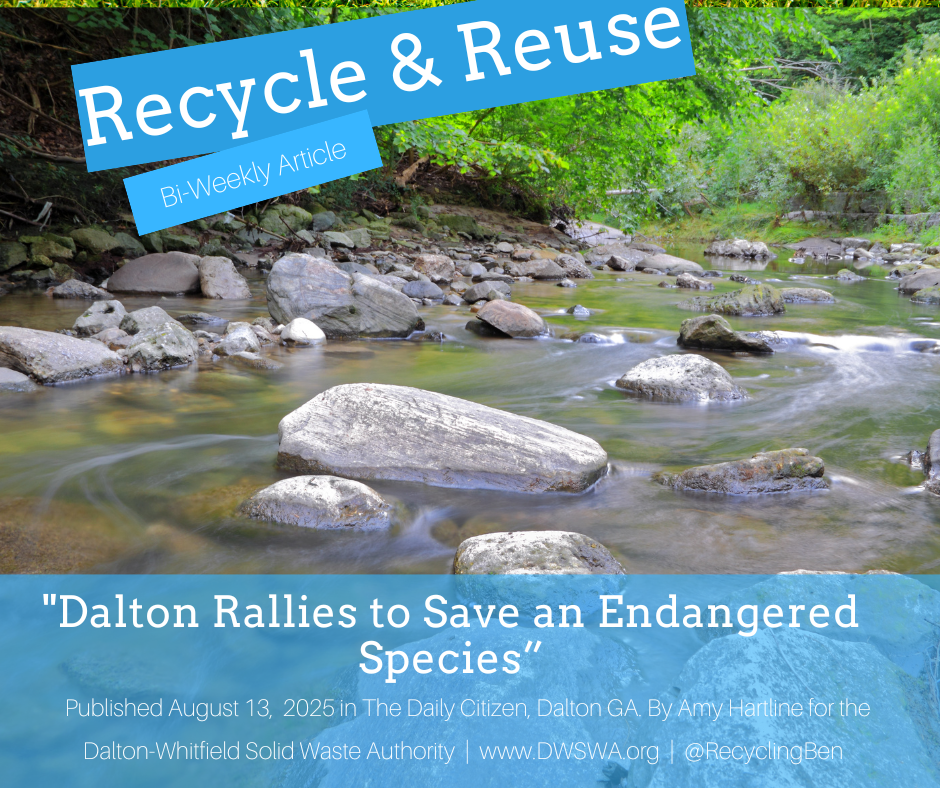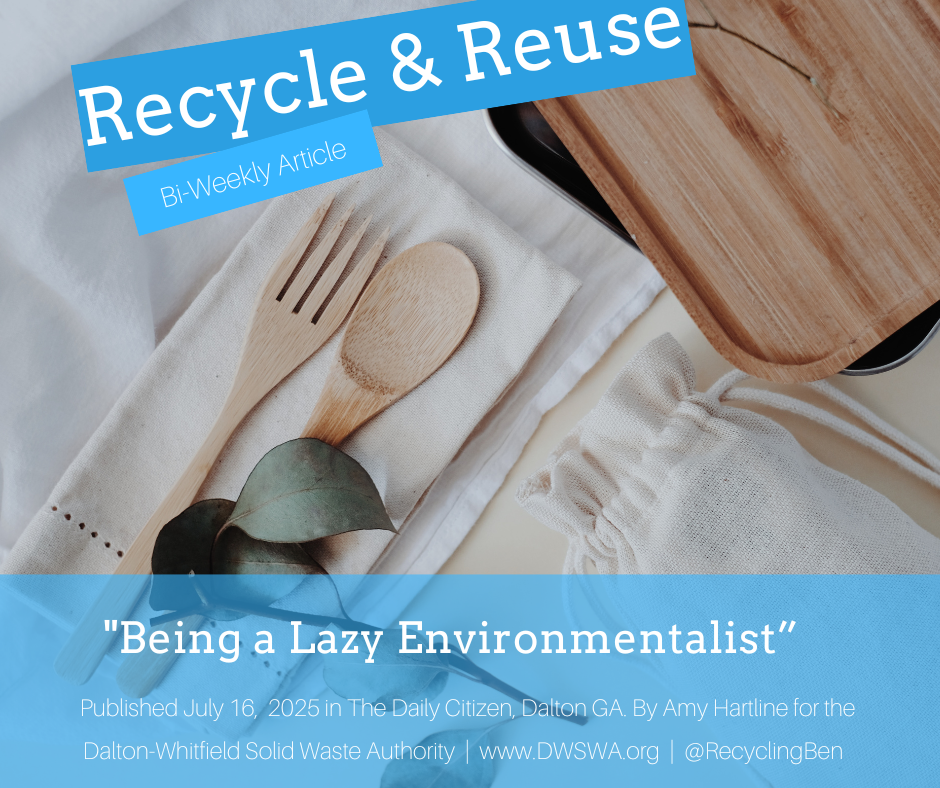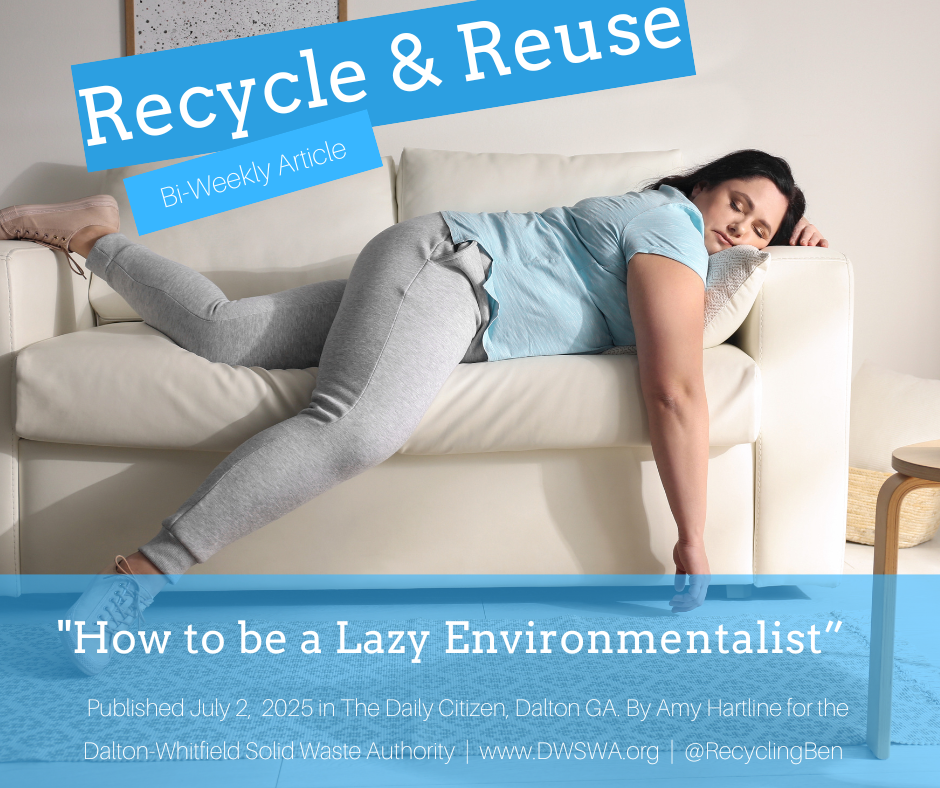Are You a Water Waster?
/March 22 is the annual UN World Water Day. The focus for 2017 is wastewater reduction and reuse.
Running the dishwasher only when you have a full load is one way to conserve water during World Water Day and every day.
Thanks to our modern-day sanitation and wastewater treatment systems we are able to enjoy clean fresh water from the tap in the comfort of our own home. But, if you brushed your teeth, flushed the toilet, showered, prepared food, or washed clothes today you also created wastewater. This water is treated at a wastewater treatment facility so it returns to the environment and our homes in a safe usable form. Recycling water in this way helps keep us healthy, and keeps our city moving.
Today is World Water Day, an initiative from the United Nations (UN) to bring attention to issues related to freshwater. This year’s theme is the proper collection and treatment of wastewater that will allow for safe reuse. According to a WHO/UNICEF 2014 study, “1.8 billion people use a source of drinking water contaminated with feces, putting them at risk of contracting cholera, dysentery, typhoid and polio. Unsafe water, poor sanitation and hygiene cause around 842,000 deaths each year.”
While we may experience the benefits of proper wastewater treatment, many countries around the world are falling behind on their treatment capacity. At a global scale, it’s estimated that 80 percent of wastewater generated by society flows back into the ecosystem without being treated or reused. And, there are more than 663 million people living without a safe water supply close to home, causing them to spends hours traveling and waiting at distant water sources, and coping with the health impacts of using contaminated water.
Viewing wastewater as a resource can help improve water quality and accessibility around the world by eliminating a source of pollution. For example, individuals could reuse greywater in the garden, and industrial and agriculture sites can treat and recycle wastewater to run cooling systems or for irrigation. The official event website, worldwaterday.org states, “Safely managed wastewater is an affordable and sustainable source of water, energy, nutrients and other recoverable materials.”
To help celebrate World Water Day today Pope Francis will be giving a special address regarding the world’s value and understanding of our most precious resource – water. After the address 400 thought leaders, policy makers, and others will convene at conference called WATERSHED to discuss water values, especially for at-risk populations. According to the event website, worldwatervalues.org, “1.6 billion people currently live in countries and regions with absolute water scarcity. That number is expected to rise to 2.8 billion people by 2025.”
Educators can bring water lessons to the classroom with the award-winning curriculum Project WET: Water Education For Teachers available at projectwet.org. In honor of World Water Day Project WET is releasing 11 new lesson plans for children ages 3 to 6 in a guide called, “Getting Little Feet Wet”. The guide is available as a digital download and a printed book. For a limited time, the PDF version of the story book “Water for You and Me!” is available for free with each purchase.
Individuals can participate in today’s event with a new social media element called #MyWaterStory. Share your personal story about the role that water plays in your daily life by tagging a post with #MyWaterStory on Instagram, Twitter, or Facebook. As an example, you can share how much water you use in a day, a photo of your favorite body of water, write about a memorable moment with water, or post a video of an older family member recalling how water access has changed during their lifetime.
At home, practice ways to waste less water and avoid being a water waster. For example, collect cold water from the shower in a bucket while you wait for the water to warm up. Use the water in your garden or watering house plants. Don’t pre-rinse dishes before putting them in the dishwasher, a good scrape should be enough.
Compost food waste instead of feeding it down the garbage disposal which requires a lot of water to run. When disposing of grease or oil do not pour it down the drain. Doing so may lead to blockages and restrict the flow of wastewater through a home’s plumbing. Instead pour cooking grease into a heat safe container like a steel can, then dispose of it once solidified.
Turning off the tap while brushing your teeth can save up to eight gallons of water per day. Fixing leaking sinks and running toilets also helps reduce waste. A running toilet for example, may waste up to 200 gallons of water per day. Small changes like these inside the home, and better wastewater treatment facilities, all contribute to less water waste and improved water quality for everyone.

































